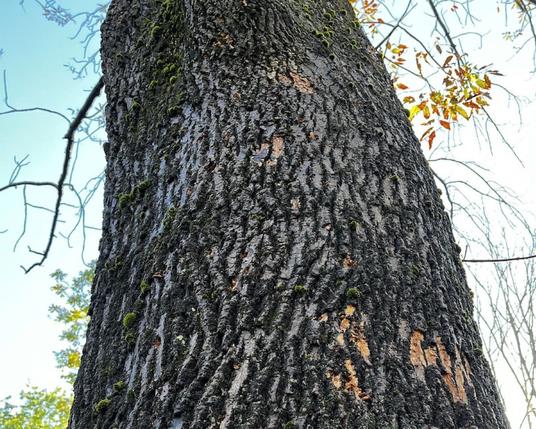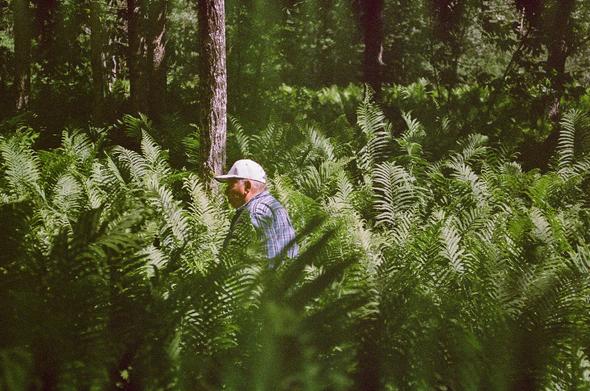From 2018: #Native Knowledge: What #Ecologists Are Learning from #IndigenousPeople
From Alaska to Australia, scientists are turning to the knowledge of traditional people for a deeper understanding of the natural world. What they are learning is helping them discover more about everything from melting Arctic ice, to protecting fish stocks, to controlling wildfires.
By Jim Robbins • April 26, 2018
"While he was interviewing Inuit elders in Alaska to find out more about their knowledge of beluga whales and how the mammals might respond to the changing Arctic, researcher Henry Huntington lost track of the conversation as the hunters suddenly switched from the subject of belugas to beavers.
"It turned out though, that the hunters were still really talking about whales. There had been an increase in beaver populations, they explained, which had reduced spawning habitat for salmon and other fish, which meant less prey for the belugas and so fewer whales.
"'It was a more holistic view of the ecosystem,' said Huntington. And an important tip for whale researchers. 'It would be pretty rare for someone studying belugas to be thinking about freshwater ecology.'
"Around the globe, researchers are turning to what is known as Traditional Ecological Knowledge (TEK) to fill out an understanding of the natural world. TEK is deep knowledge of a place that has been painstakingly discovered by those who have adapted to it over thousands of years. 'People have relied on this detailed knowledge for their survival,' Huntington and a colleague wrote in an article on the subject. 'They have literally staked their lives on its accuracy and repeatability.'
"This realm has long been studied by disciplines under headings such as ethno-biology, ethno-ornithology, and biocultural diversity. But it has gotten more attention from mainstream scientists lately because of efforts to better understand the world in the face of climate change and the accelerating loss of biodiversity.
"Anthropologist Wade Davis, now at the University of British Columbia, refers to the constellation of the world’s cultures as the 'ethnosphere,' or 'the sum total of all thoughts and dreams, myths, ideas, inspirations, intuitions, brought into being by human imagination since the dawn of consciousness. It’s a symbol of all that we are, and all that we can be, as an astonishingly inquisitive species.'
"One estimate says that while native peoples only comprise some 4 or 5 percent of the world’s population, they use almost a quarter of the world’s land surface and manage 11 percent of its forests. 'In doing so, they maintain 80 percent of the planet’s biodiversity in, or adjacent to, 85 percent of the world’s protected areas,' writes Gleb Raygorodetsky, a researcher with the POLIS Project on Ecological Governance at the University of Victoria and the author of The Archipelago of Hope: Wisdom and Resilience from the Edge of Climate Change."
Read more: https://e360.yale.edu/features/native-knowledge-what-ecologists-are-learning-from-indigenous-people
#SolarPunkSunday #Resiliency
#Biodiversity #CulturalPreservation
#ClimateChange #Ethnosphere #TraditionalEcologicalKnowledge #SustainableDevelopment #TEK #TIK #TraditionalIndigenousKnowledge



